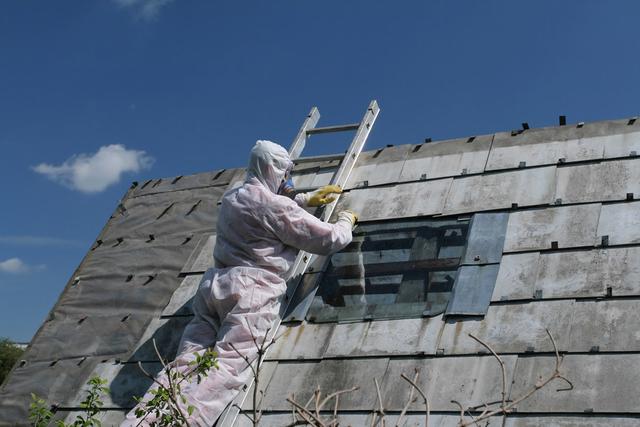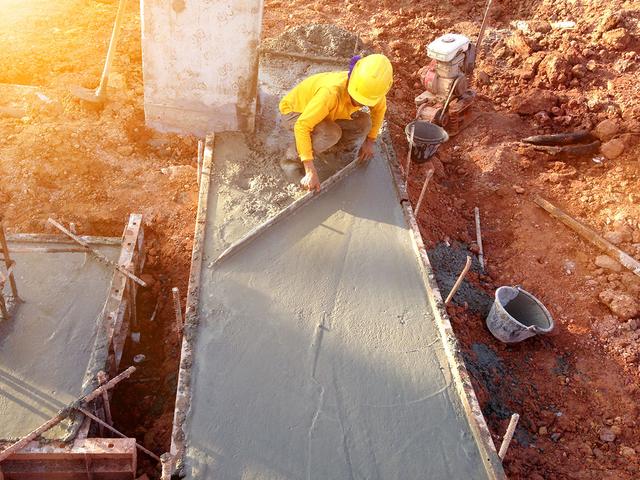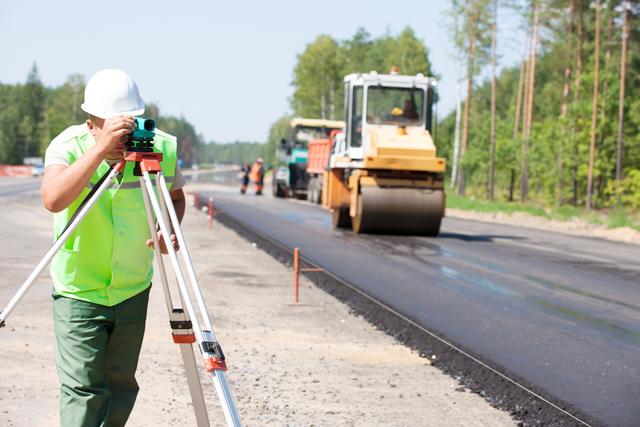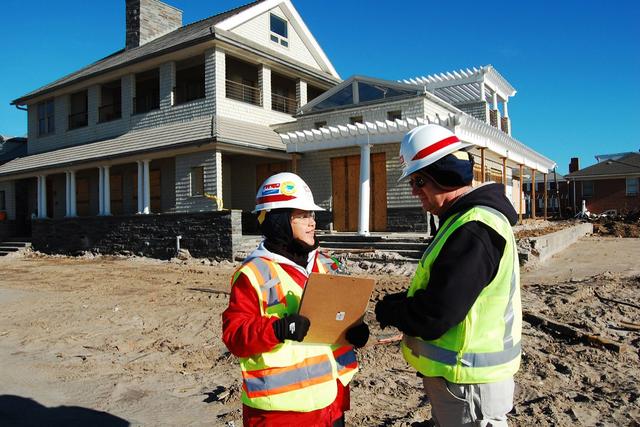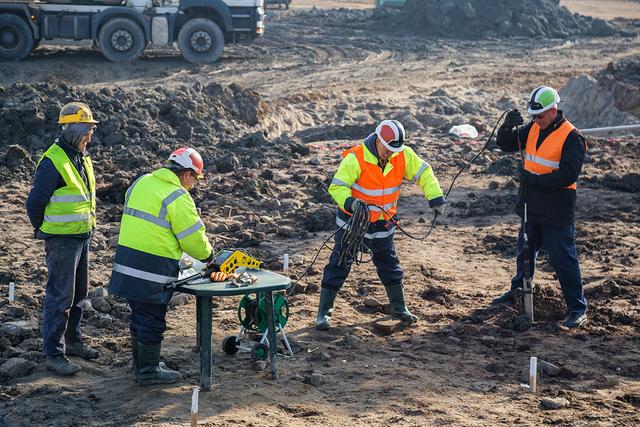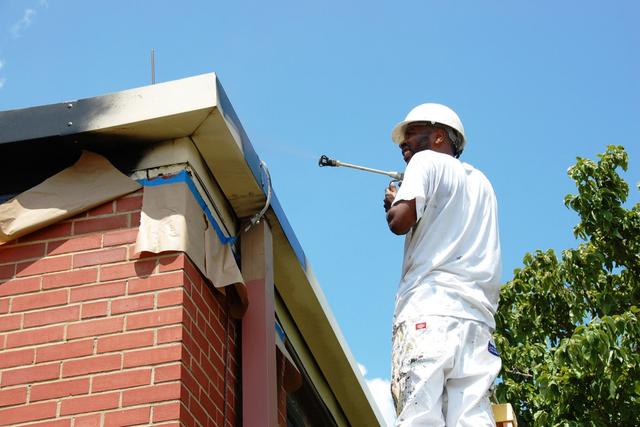Construction

Overview
The United States Department of Labor defines the construction industry as companies that are engaged in the construction of buildings or engineering projects, such as bridges and roads. Construction work also takes place when renovating existing buildings.
The construction industry is an important part of the country's economy. The health of the economy is often gauged by monitoring new home construction starts as an indicator of consumer confidence. According to the U.S. Census, spending on construction projects totaled more than $1.3 trillion in 2018.
In general, there are three primary types of construction projects: residential projects, such as homes, housing developments, buildings, and garages; nonresidential projects such as large and small commercial buildings, including stores, churches, schools, and hospitals; and engineering projects such as bridges, roads, and reservoirs. Many types of businesses are related to all three of these sectors. For example, surveying companies are required for all three types of projects. Architectural and engineering firms are also needed for any type of construction project. Additional companies directly involved in construction (aside from construction companies themselves) include inspection service companies, project management firms, and companies that specialize in creating models of large construction projects. Other companies associated with the industry include those that provide plumbing, heating, central air-conditioning, electrical wiring, lighting equipment, elevators, and escalators.
Construction projects can also be divided into public and private. Private construction is construction work performed for private owners, paid for using private funds. Public projects are completed for federal, state, or local agencies of government and usually paid for out of tax money, bonds, or other public funds.
While humankind has been constructing structures for centuries, the industry itself...

